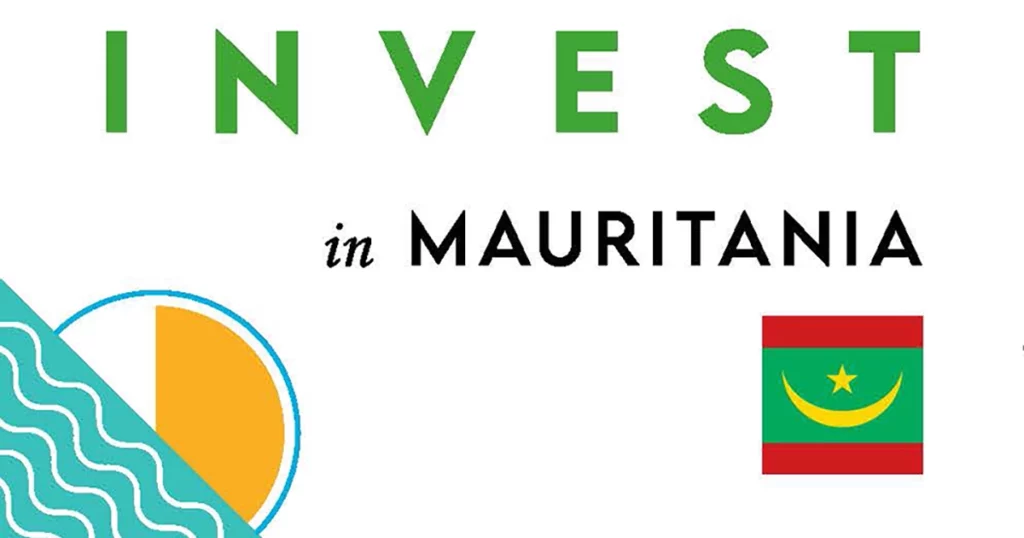ممارسة الأعمال التجارية في South Africa
- How quickly can I set up a business?
- What is the minimum investment needed?
- How can I raise finance?
- What are the legal requirements for setting up my business?
- What structure should I consider?
- What advice can you give me in regards to payroll and taxation requirements?
- Is there anything else that I should know?
How quickly can I set up a business?
2-5 working days.
What is the minimum investment needed?
There is no statutory minimum investment to register a company.
How can I raise finance?
It depends on the nature of the business. Generally, the investor must contribute the entire capital. Mechanisms available in the local financial services sector include a well-developed banking sector, venture capital, and two stock exchanges.
What are the legal requirements for setting up my business?
Option One:
Setting up in South Africa generally as a Private Company (Pty Ltd) or External (Foreign) Company, among other structures (details below).
Option Two:
Setting up in an Industrial Development Zone (IDZ)/Special Economic Zone (SEZ). IDZ/SEZs are reserved for companies in sectors such as manufacturing and green-tech and offer benefits such as preferential 15% Corporate Tax and other tax benefits.
What structure should I consider?
Non- IDZ/SEZ operation is the typical option for local businesses generally.
IDZs/SEZs are most relevant to export-oriented manufacturing business.
Private Company (Pty Ltd):
- Must have a minimum of one director.
- Must file accounts, prepared under South African Company Law, at the Companies and Intellectual Property Commission (CIPC).
- Automatically registered with the South African Revenue Service upon registration.
- Must file periodical VAT Returns if applicable.
- No local residence requirement for directors.
- Must appoint one South Africa-based representative (“public officer”) to manage interactions with the South African Revenue Service (SARS).
Public Company (Ltd):
- May offer its shares to the public
- Must have a minimum of three directors..
- Public companies are required to produce audited financial statements.
- Subject to income tax.
- Must file periodical VAT Returns if applicable.
- No local residence requirement for directors.
- Must appoint one South Africa-based representative (“public officer”) to manage interactions with the South African Revenue Service (SARS).
- Must appoint a company secretary to manage interactions with CIPC.
- May also be required to have an Audit Committee and a Social and Ethics Committee (depending on company size).
External (Foreign) Company (i.e. a branch of your overseas business):
- Not a separate legal entity but an extension of the overseas parent company.
- No limited liability or ring-fencing of the South Africa operations.
- Must register with the South African Revenue Service (SARS); however, whether the branch has to pay any taxes is context dependent. As a rule of thumb, external companies are taxable only on income derived from a South African source.
- Must file periodical VAT Returns if applicable.
- Must have at least one continuously maintained office in South Africa.
- Must appoint one South Africa-based representative (“public officer”) to manage interactions with SARS and CIPC.
Non-profit company (NPC Ltd):
- Must have a minimum of three directors.
- Can apply for tax exempt status.
- Upon dissolution the entire net assets of an NPC must be distributed to another NPC, voluntary association or non-profit trust operating in South Africa with objectives similar to its own.
- Not allowed to convert to any form of profit-making entity.
Personal Liability Company (Inc.):
- Typically used by the professions (lawyers, engineers, medical practices, accountants, etc.)
- Directors are jointly and severally liable for the liabilities of the company.
- Shareholders have limited liability.
- Must prepare financial statements, however, audit is not required.
- No limit to the number of shareholders.
- Must file periodical VAT returns, if applicable.
What advice can you give me in regards to payroll and taxation requirements?
- Taxes a company may be subject to include Income Tax (generally 28%) and Value-Added Tax (15%), among others.
- South Africa has several Industrial Development Zones (IDZ)/Special Economic Zones (SEZ) for manufacturing activities, some of the benefits of which are outlined above.
- There is no National Health Insurance system currently in effect, however, NHI is being implemented in phases over a 14-year period that started in 2012. (Source: https://bit.ly/3wuuTzV). Private health insurance is commonly offered by employers for the purpose of attracting and retaining talent.
- Diversity management is regulated in different forms (e.g., via government procurement policies), and can include (for large employers) employment equity reporting to the Department of Labour.
- Financial reporting in the private sector follows IFRS and IFRS for SMEs.
Is there anything else that I should know?
South Africa has a robust middle-income economy, with a significant proportion of it driven by the mining, and financial sectors.
Gauteng Province, home to Johannesburg and Pretoria, accounts for roughly 34% of the GDP of South Africa and 7% of total GDP of Africa as a whole, followed by Kwa-Zulu-Natal (home to Durban, 16% of SA-GDP) and the Western Cape (Cape Town, 14% of SA-GDP).
The country’s financial services sector is highly developed and sports two main stock exchanges, one of which (the JSE, at a market capitalisation of over US$1,000 billion) is ranked in the top-20 worldwide.
The telephone system is the most advanced on the continent, with comparably robust internet communication infrastructure in the main urban centres. Cloud infrastructure available locally includes two Microsoft Azure data centres in Johannesburg and Cape Town, as well as a further three ran by Amazon Web Services in Cape Town.
International investors operating in South Africa can be assured of an environment characterised by several world-class companies, an efficient company registration system, and stable tax policies.
شركاتنا في South Africa
كيف يمكن لكريستون تنمية أعمالك؟
اختر نوع عملك:
أحدث الأخبار

استثمر في موريتانيا
أحدث دليل للاستثمار في موريتانيا من Exco GHA Mauritanie، “استثمر في موريتانيا” باللغة الإنجليزية. تعرف على فرص الاستثمار في القطاعات ذات إمكانات النمو الهائلة.

كريستون بيدابو في يوم التصنيع في أفريقيا
يشارك كريستون بيدابو رؤيته حول التشريعات المفيدة الرئيسية للشركات الدولية التي تتطلع إلى التوسع في يوم التصنيع في أفريقيا.

ممارسة الأعمال التجارية في أفريقيا
إذا كنت تفكر في ممارسة الأعمال التجارية في أفريقيا، فإن Kreston Global هي شبكة من أفضل 10 شبكات في المنطقة، مع حضور كبير يمتد إلى 28 دولة و27 شركة وما يقرب من 1400 موظف.

